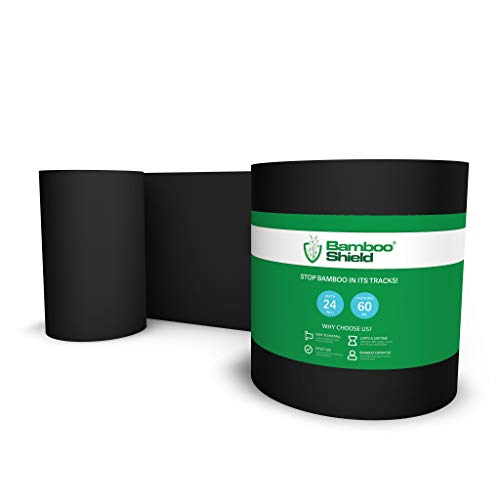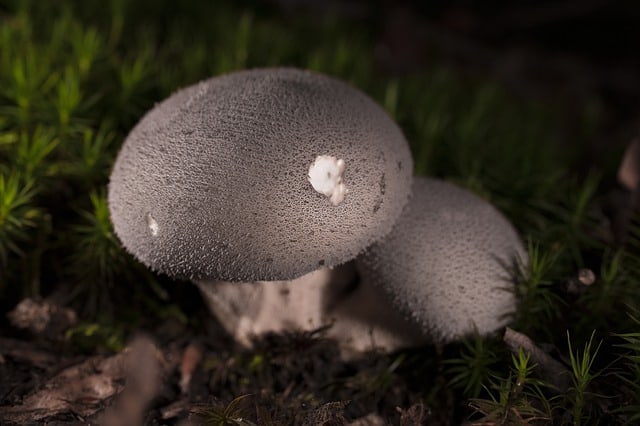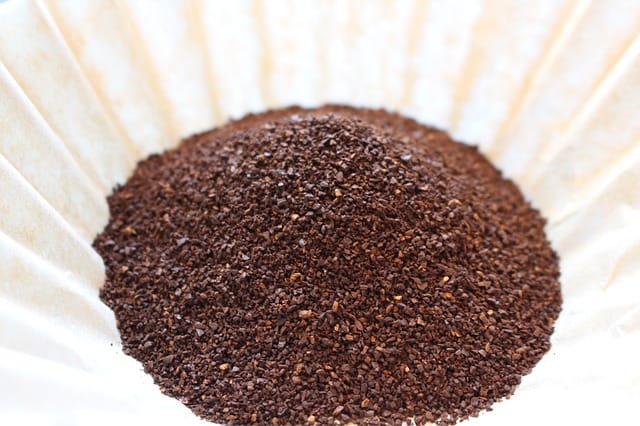Does your neighbor’s bamboo worry you? What if it broke through your concrete sidewalk? What if it damaged your foundation? What if you did the same to someone else with your bamboo only to get sued.
I used to live in Virginia where bamboo groves run wild. I too wanted to know the answers to these questions.
So does bamboo grow through concrete? No, bamboo sprouts are not strong enough to poke through-hardened solid concrete. If your concrete is thin or cracked and it’s a strong variety of bamboo then it can sprout through the cracks. They can also poke through thin or fresh, soft asphalt. Bamboo runners also won’t cross under a dry, thick gravel road.
Note: If you click some of the links in this article we may earn a small commission at no additional cost to you.
Clumpers Vs. Runners
Two main types of bamboo could potentially punch through concrete or asphalt, clumpers, and runners.
Clumping bamboo spreads slowly from the edge. It sends out a shoot from the root area that immediately turns up and into a new bamboo stalk.
Clumping bamboo tends to stop after a limited amount of spreading. Normally it isn’t an issue for damaging the concrete.
Runner bamboo is far more aggressive. It sends out shoots or rhizomes that travel 8-12 inches underground. These shoots then sprout off new bamboo stalks vertically. Shoots can spread out 3-5 more per year depending on conditions.
These shoots can easily hunt for weak spots and cracks in the concrete and sent up bamboo sprouts to bust through.
They can also completely bypass your concrete by growing under it and popping up the other side. Runners usually don’t grow under concrete, asphalt roads, or gravel roads if they are old, dry, and thick enough. They could easily get under a thin concrete sidewalk though.
How Does Bamboo Grow Through Concrete?
Bamboo like any plant will squeeze a sprout through a crack or seam that it finds in concrete.
Then as it ages and grows wider it slowly pushes the concrete apart cracking it.
Watch this 1-minute time-lapse video below to see Japanese knotweed busting through concrete.
Can Bamboo Damage House Foundations?
Yes. Runner bamboo will grow through any cracks in the foundation. Then as the bamboo matures and thickens it will push open the cracks damaging the foundation of your house. It can even do this to your neighbor’s house.
Even clumping bamboo, if grown next to a foundation, can find cracks to exploit. It also will push inwards on the foundation as it grows and matures next to the house.
The biggest risk is old, cracked foundations. If that’s your situation you’ll need to look into bamboo barriers to stop the spread of bamboo in your yard.
How Do You Stop Bamboo From Spreading?
Both clumping bamboo and runner bamboo can be stopped using a bamboo barrier like the one shown below.

A bamboo barrier is a simple roll of thick plastic that’s buried deep enough that bamboo rhizomes can’t get past it. This is our favorite effective, low-cost barrier if you want to check it out on Amazon.
You’ll also need to leave 4 – 6 inches of barrier above ground so rhizomes can’t grow over it.
Bamboo rhizomes grow sideways anywhere from the surface of the ground down to about 12 inches deep.
Follow these simple steps to install a bamboo barrier:
- Measure the perimeter of your bamboo grove. You want to buy enough extra so you can overlap any joints. Rhizomes will squeeze through joints if you give them a chance!
- Buy your bamboo barrier. Make sure it’s at least 60 mils thick. A mil is a thousandth of an inch so 60 mil is 0.060 inches thick. For clay soils, rhizomes won’t go very deep so a 24-inch wide barrier is fine. For loamy soils go with a 30-inch wide barrier to be safe. For sandy loose soils go with a 36-inch wide barrier to prevent rhizomes from growing under it.
- Dig a trench that’s 4 inches shallower than the width of your barrier. For example, if you have a 24-inch wide barrier dig a trench 20 inches deep. If you have a lot of trenches to dig then rent or buy a trench digger to make it easier. The extra 4 inches create a short wall around the bamboo. This prevents any surface-growing rhizomes from sneaking over the barrier.
- Compact the bottom of the trench. You want this soil super packed so rhizomes won’t grow underneath it.


- Add the barrier to the trench and angle it away from the bamboo. In other words, the top should be leaning out and away from the bamboo and the bottom should be tilted in. This way when a rhizome hits the barrier it’ll naturally grow up instead of trying to get under the barrier.
- Overlap any joints or the two end pieces with 4 feet of overlap. This prevents rhizomes from sneaking through the joints. Make sure the overlaps are flush together. Even a small crack where a rock kept them spread would invite a rhizome to sneak through.
- Add soil in 4-inch amounts then pack it down. Repeat until you’ve filled it up to the top. The soil will be more firmly packed if you do it in small 2-4 inch increments. If you just place all the soil in and pack it from the top you won’t get as strong of compaction down at the bottom. This in effect creates a compact soil wall in addition to the barrier making it even harder for rhizomes to get through.
- Cut rhizomes as they pop up over the barrier. In time you’ll see rhizomes popping up at the edge. You could let these grow up into bamboo shoots. As the shoots on the edge age and get thicker they will damage the barrier. It’s best to cut these rhizomes as they pop up. Doing so will lead to a longer barrier life.
Can I Be Sued If My Bamboo Damages My Neighbor’s Concrete Or Foundations?
Yes, neighbors can and will file a civil suit over bamboo encroachment and damages.
One lawsuit in 2017 led to judgments from both sides for $11,000. These were later thrown out in appeals when the court found the encroachment wasn’t intentional.
Another case from 2010 in Connecticut ended similarly. A lot of time and money was spent on both the defendant’s and plaintiff’s sides only to have the judge determine the bamboo invasion wasn’t intentional.
Save yourself the worry. Put down barriers and keep on good terms with your neighbor.


